When Finding Your Heritage Empowers You to Serve
As part of its commitment to addressing racial inequity, United Way of King County in 2020 launched the Indigenous Communities Fund, a two-year, $2 million allocation to local Indigenous communities impacted by the COVID-19 pandemic while suffering centuries-long racial disparities and oppressions. This year, United Way provided another $50,000 to Seattle Urban Native Nonprofits (SUNN) to help support the 12-member organization’s policy work.
In helping address past, present and future issues that affect Indigenous communities, United Way needs to also rebuild trust that Indigenous communities often have of their non-Indigenous neighbors, due to practices that stretch as far back as the Europeans’ first landing on King County soil and extend to local Indigenous groups being historically underfunded by nonprofits and foundations. We seek to learn from, partner with and resource Indigenous communities, and through these efforts we hope to shape our state and federal agendas with policies that address high-priority concerns among Indigenous people.
This effort was created in large part by United Way Indigenous staff, who helped identify concerns in the Indigenous communities, identified best practices for addressing those concerns and led the way in bringing the Indigenous Communities Fund members together. Currently leading our internal Indigenous Communities Fund efforts is Dawa’son Goes Behind, United Way impact manager, community services team. In a recent interview, Dawa’, who is of Indigenous and African American ancestry, shared his own story and offered a glimpse of that which drives him to honor the legacy and address the plight of Indigenous people.
United Way: Can you talk about your background and how it relates to the work you do at United Way?
Dawa’son Goes Behind: Let me begin with this quote:Public policy has tremendously affected millions of lives in America. It affects our history, and it affects our future. And it has tremendously affected mine.
United Way: Can you elaborate?
Dawa’son Goes Behind: I went into foster care and group homes at nine years old. That started my journey. From there, that’s where I began to study the [government] system, try to understand it, to navigate it. That started my journey into social work, into trying to uplift myself from the communities I came from. That brings me here today.
At that time, it was also important for me to know where I came from. I connected with my father, whose roots came from a Native American Choctaw community in Mississippi. He was then seeking a relationship with his father; I was with him when he found his father. I met my Choctaw grandfather on his deathbed; his legs were amputated due to diabetes. Seeing tears in my fathers’ eyes and his grief and at the same time having a sense of relief, knowing that’s your heritage, your history.
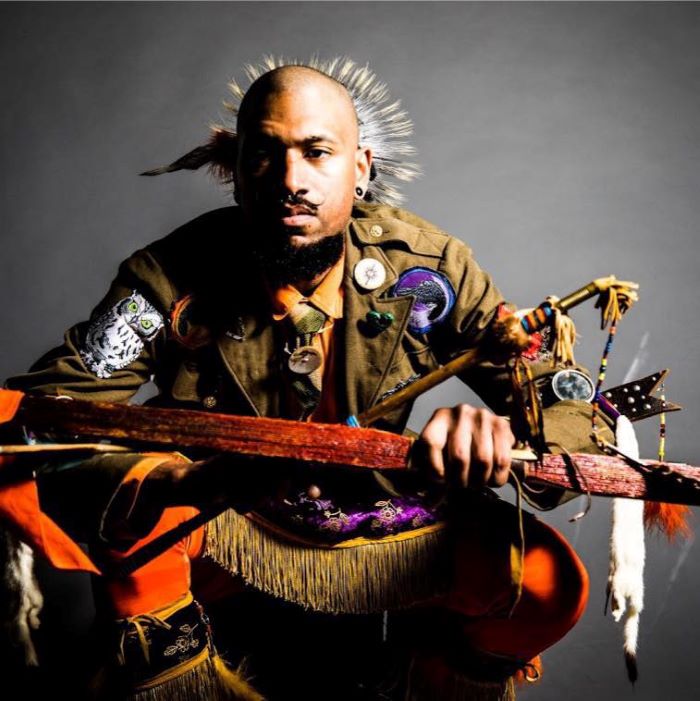
That drew me to wanting to know more about the Native American culture and history that was connected to me. It drove me, in a spiritual way, to understand social work, to understand community, to understand tribalism, to understand communism, socialism and capitalism in a way that gives back to community. I became really obsessed with that. At that time in my life, I had been to so many schools, foster homes, group homes and detention centers—I had been to 13 schools. I joined the military for travel, education, discipline and experience. I joined the Navy and served with the Marines as a search and rescue medic and an aviation supporter for eight years—the last four in Great Lakes, IL.
United Way: Where did that journey take you next?
Dawa’son Goes Behind: I enrolled at Illinois State University and I started studying social work and following my purpose on how I can help communities; I was studying to be a high school counselor at the time, studying community organizing. But I didn’t fit the narrative of a clinical social worker. I was more of an unorthodox practitioner. That drove me to seek different ways to do community building from a community, non-government-based place. I was called to go to Portland [OR]. I had $80, and $60 of it went to getting there.
I went to the Catholic Worker, which was started by a woman who wanted to radically solve the homeless problem by serving with hospitality and dignity. I began to do a work-study program of my own. That led me to the Whitefeather House [an environmental and justice community in Portland]. I found my true calling there, and I began organizing in Portland. I didn’t have a home, but I found work at Sisters of the Road [a nonprofit café that provides meals and opportunities for people experiencing homelessness]. Sisters of the Road hired me. That’s where I met my partner Lindsay, who is also Native American and was raised on a reservation. We are married today.
I believe that I can bridge the gap and connect with Indigenous communities in an authentic way and make the case that we’re able to build a relationship with the Native communities here and do authentic work—and not to boost ourselves up but boost them up.
Dawa’son Goes-Behind, United Way impact manager, community services team
United Way: What was it like becoming part of her Indigenous community?
Dawa’son Goes Behind: At that time, I didn’t have family here. She took me to the Lummi Nation and introduced me to her adopted father Frank Goes-Behind and his wife Kim Goes Behind. As soon as I met Frank, it felt like I had known him all my life. He took me under his wing and prayed with me. I found my tribe and my people. From there, Frank saw my interest and longing to do community-based work from an unorthodox place and to learn with authenticity and show up with humility. At the time, Frank and Kim didn’t have children to carry their name forward, so when my wife Lindsay and I got married, they gifted us their name, Goes Behind.
United Way: How does heritage, as both an Indigenous American and African American, drive your work at United Way?
Dawa’son Goes Behind: This work is a mission for me to connect my ancestry from my African American grandmother and mother, from the experience of the Transatlantic Slave Trade here in America, with the Native American experience. I believe that once we can connect those two experiences, and along with the Latinx experience, then we can really show power. That is what my mission is. From being aboard at United Way, being part of the [the Indigenous Communities Fund] and funding SUNN, gives me an opportunity to create that relationship [with the Indigenous community].
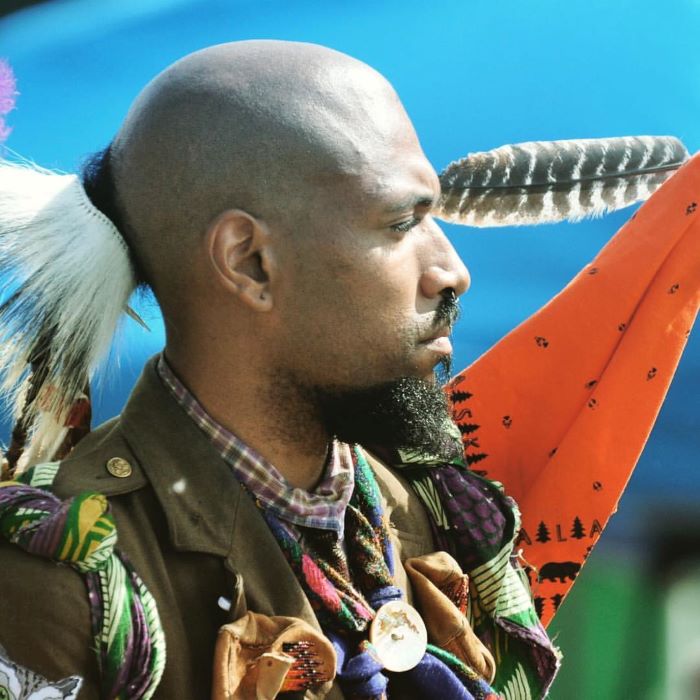
And that’s a tough relationship, because we are a mainstream nonprofit that was created by white people to do missionary-type work from the sense of a nonprofit. And the Native community tries to separate themselves from that because that has been harmful. Coming on board, I believe that I can bridge the gap and connect with Indigenous communities in an authentic way and make the case that we’re able to build a relationship with the Native communities here and do authentic work—and not to boost ourselves up but boost them up. And I’d like to help folks at United Way to see what it looks like to support the Indigenous community.

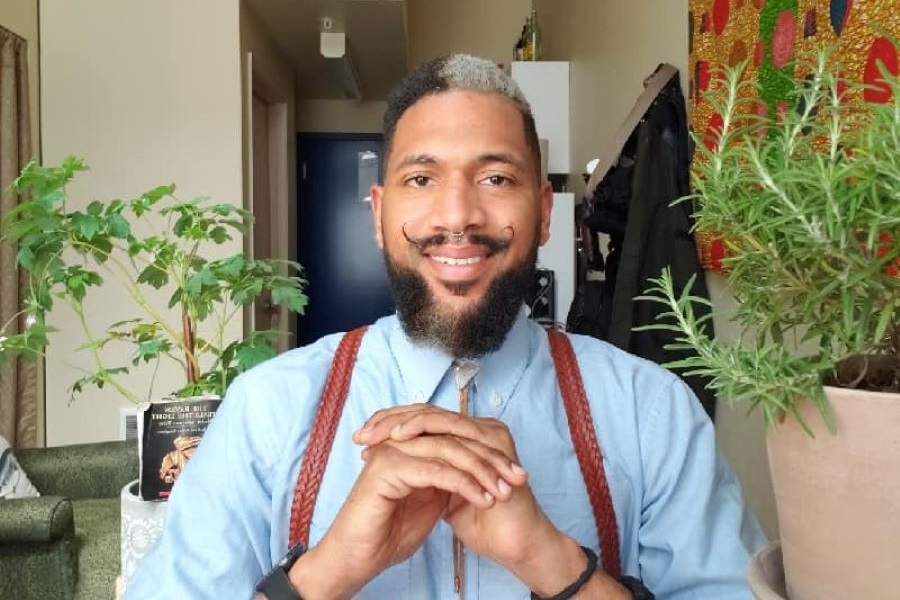
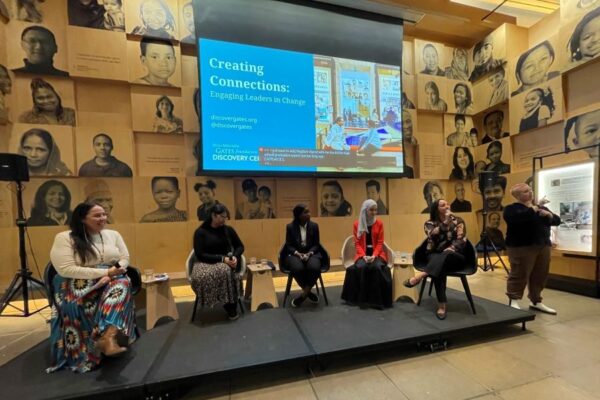
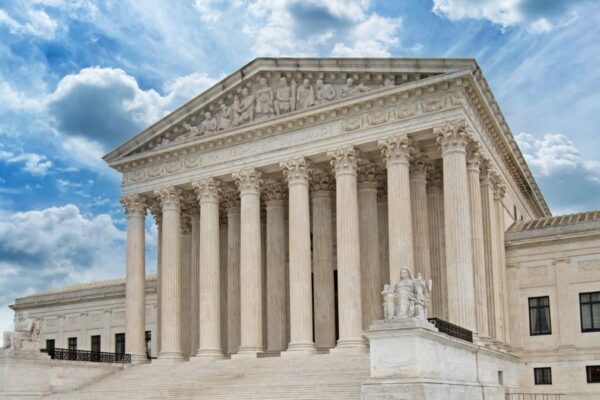
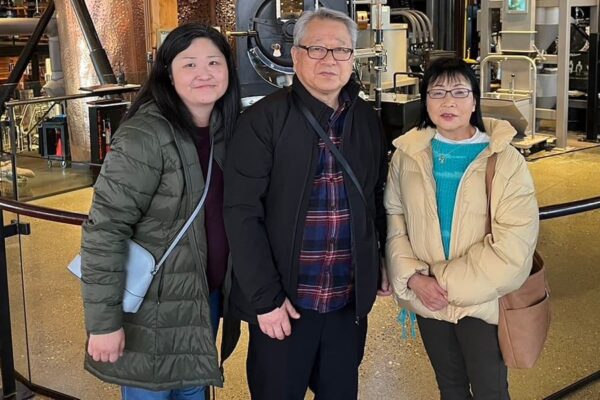
Comments